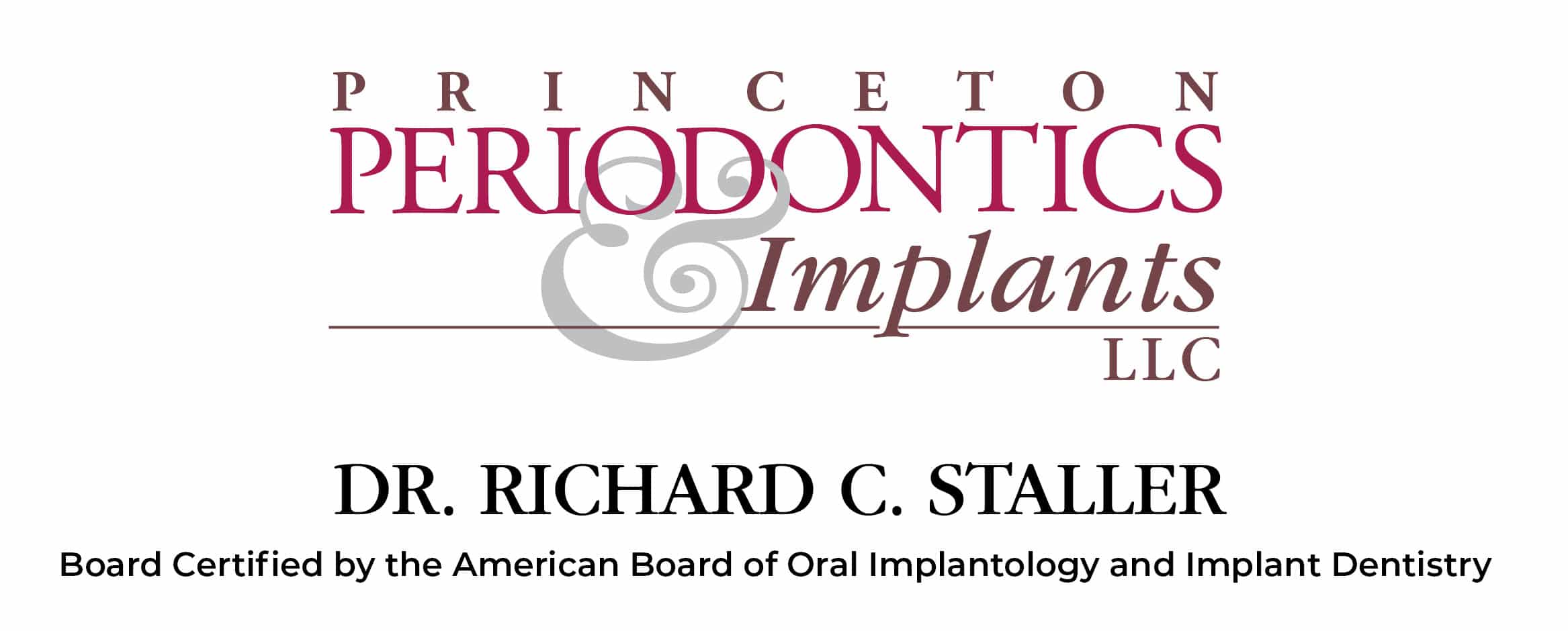The question I hear most often, by far, from patients right after I tell them they’re a good candidate for dental implants is: Is it going to hurt? A close second: How bad is the recovery? So, with this blog post, I want to offer some insight into both. (Spoiler alert: It’s not nearly as bad as you’re thinking it is.)
Before we drill down on the procedure (pun intended), did you know:
- Most patients are back at work the day after their dental-implant procedure. Some return the same day.
- Over-the-counter medications are generally enough to tamp down any pain.
- The average healing time before the final teeth can be placed is 3 to 6 months.
What the procedure entails
The process is a little different for everyone—which means the recovery is also going to be a little different for everyone—but, to make sure we’re all on the same page, let’s start with a basic overview of what happens during dental implant surgery.
The procedure—which is done by a periodontist, a dental specialist who treats the structures that support the teeth, such as gums and bones—replaces decaying tooth roots with a titanium anchor and a metal, screw-like post and damaged or missing teeth with artificial teeth that look and function very much like your natural ones. Whereas dentures and bridgework can often feel ill-fitting, implants feel stable and comfortable. You’ll be able to eat whatever you want and smile as often as you used to.
The titanium anchors fuse with your jawbone so the implants won’t slip, make noise, or cause bone damage the way fixed bridgework or dentures might. The bone needs to heal tightly around the implant, a process called osseointegration, which can take several months. Unfortunately, as far as the science has come in recent years, osseointegration can’t be sped up.
If you have a tooth, or teeth, that needs to be removed, that will be done first, and the jawbone will need time to heal before the implant can be placed. Often, a bone graft is placed in the tooth socket to hold the bone open and make it easier to place the implant later on.
In rare situations, an implant can be placed the same day the tooth is removed. Your periodontist will be able to determine if you’re a candidate for immediate implants by looking at a CT scan.
So, are dental implants right for you? If you’ve lost a tooth, or teeth, through an accident, disease, or decay, implants are generally an excellent replacement option. They can also provide a significant improvement in quality of life over dentures.
What to expect during dental implant surgery
The different stages of dental implant surgery are usually performed as outpatient procedures. Pain during those procedures isn’t usually much of a concern because there are a host of anesthesia options available to control it, including local anesthesia, sedation, and general anesthesia. (If you’re having sedation or general anesthesia, plan to have someone take you home after the surgery, and expect to rest for the remainder of the day.)
When your periodontist details your treatment plan at the beginning of this process, talk to them about which option is best for you. My aim is always to make my patients as comfortable as I can. Everyone has a different pain threshold. But, even those who seem to weather it well can feel a little more anxious once they’re sitting in a dentist’s chair with a bright light shining on their face.
It’s my responsibility to alleviate as much of that anxiety as I can. If using general anesthesia would make you more comfortable, I’ll do so, as long as it’s safe. Even before that point, I’ve found that simply talking through the treatment openly and honestly is enough to dispel a lot of the misconceptions that you may be harboring about oral surgery. I get it; all this talk about extracting teeth and drilling into bone is unsettling. But the pain in each of those instances is temporary, and it can be easily controlled.
What to expect during dental implant surgery recovery
Whether you have dental implant surgery in one stage or multiple stages, you’re likely to experience some of the following:
- Swelling of your gums and face
- Bruising of your gums and face
- Mild pain at the implant site
- Minor bleeding
You’ll be prescribed medication to help manage any pain you may experience. That said, most are happy to find that the pain is far less than what they anticipated. It’s called impact bias: The good experiences in life rarely live up to our expectations. But, neither do the bad ones.
So, most are fine with ibuprofen. And, applying a cold compress should help relieve any pressure, as well as minimize the swelling and bruising.
Beyond that, there are a few other basic things you can do to ensure a fast and complete recovery:
- As much as possible for the first week or two, swish a mouth rinse made up of a half-teaspoon of salt, a half-teaspoon of baking soda, and eight ounces of water for a couple of minutes at a time.
- Avoid smoking. No exceptions.
- Stick to food you can cut with a fork for the first week or two. Your gums are likely to be too sensitive to chew anything harder.
If you’d like to know more about dental implant surgery, schedule a consultation with me. We can discuss any concerns you may have. And, if you’re comfortable moving forward, I’ll conduct a comprehensive periodontal evaluation so that I can tailor a treatment plan to your particular needs.
It’s time to feel confident in your smile again.

